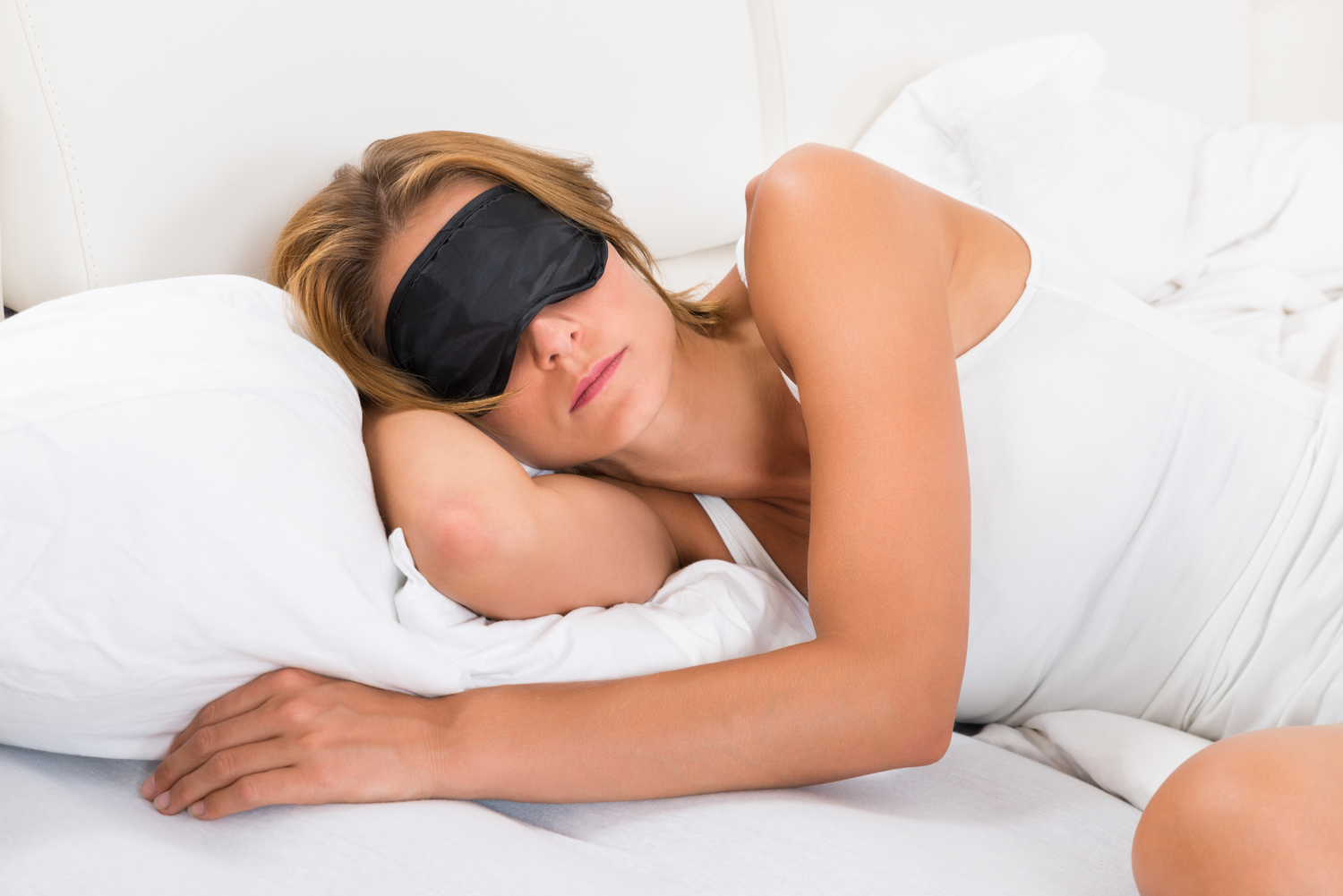
Helpful Tips for Better Sleep
Sleep disorder refers to any change in sleeping patterns that negatively affect one’s health. The condition can also be referred to as insomnia. Other health conditions can include jet lag (which affects individuals who regularly travel in different time zones), anxiety, depression, and sleep apnea.
With sleep disorders, patients may experience headaches, day time fatigue, and irritability or mood changes. To overcome these conditions, talk to your doctor, who may recommend the tips below for better sleep:
1. Take magnesium
Many sleep disorders are the result of vitamin deficiency, namely magnesium. So doctors may recommend adult patients take 100 to 350 mg of magnesium to help them regain a healthy sleep schedule. Amino glycinate is the preferred type of magnesium to consume for sleep. Magnesium regulates and calms neurochemicals that send signals to the nervous system. Individuals suffering from insomnia are advised to take magnesium a few hours before bedtime to get the body and mind ready for sleep.
2. Replace your mattress
Replacing your mattress also works as an intervention for gaining sleep. For better rest, ensure your mattress is not too soft or hard. It is recommended you replace your mattress after every ten years. For the best type of mattress, you can visit companies with good reputations. If you usually wake up during the night with some discomfort (i.e., back, neck, shoulders, or hips) an old mattress may be exacerbating your chronic pain and getting a new one may help.
3. Natural sleep aids
Using natural sleep aids like melatonin and valerian prepares the mind and brain for sleep. Melatonin works with the circadian rhythm to let the body and mind know it’s time to sleep. It also regulates your blood pressure and temperature to create a suitable environment for sleep. Valerian helps to overcome anxiety and increase the chances of sleep by producing the gamma-aminobutyric acid, which creates a mild sedative effect within the body.
4. Use meditation apps
Various apps like Calm, Insight timer, Headspace, and Pzizz are created to soothe your sleep. These apps have guided meditations with instructive visualization meditation using spoken words and soothing sounds and music. These apps also feature in-built reminders and relaxation exercises to help you quickly fall asleep.
5. Talk to your doctor about underlying health conditions
If you experience ongoing troubles with sleep, please talk to your doctor about other underlying health conditions such as depression, chronic pain, or sleep apnea, kidney disease, and heart failure, which may all affect your sleep. Once doctors identify the issue, they can recommend prescription medications, sleep aids, therapy, and pillows to elevate the upper part of the body so you can sleep soundly.
6. Eat foods to help you sleep
Less nutritious food affects the quality of sleep. For instance, caffeine, fatty and sugary foods can cause energy surges and digestive issues and affect sleep. Other foods help promote sleep. For instance, a diet rich in amino acids (in foods like milk, tuna, chicken and turkey, oats, cheese, nuts and seeds) aids the production of tryptophan, melatonin and serotonin hormones that promote sleep.


